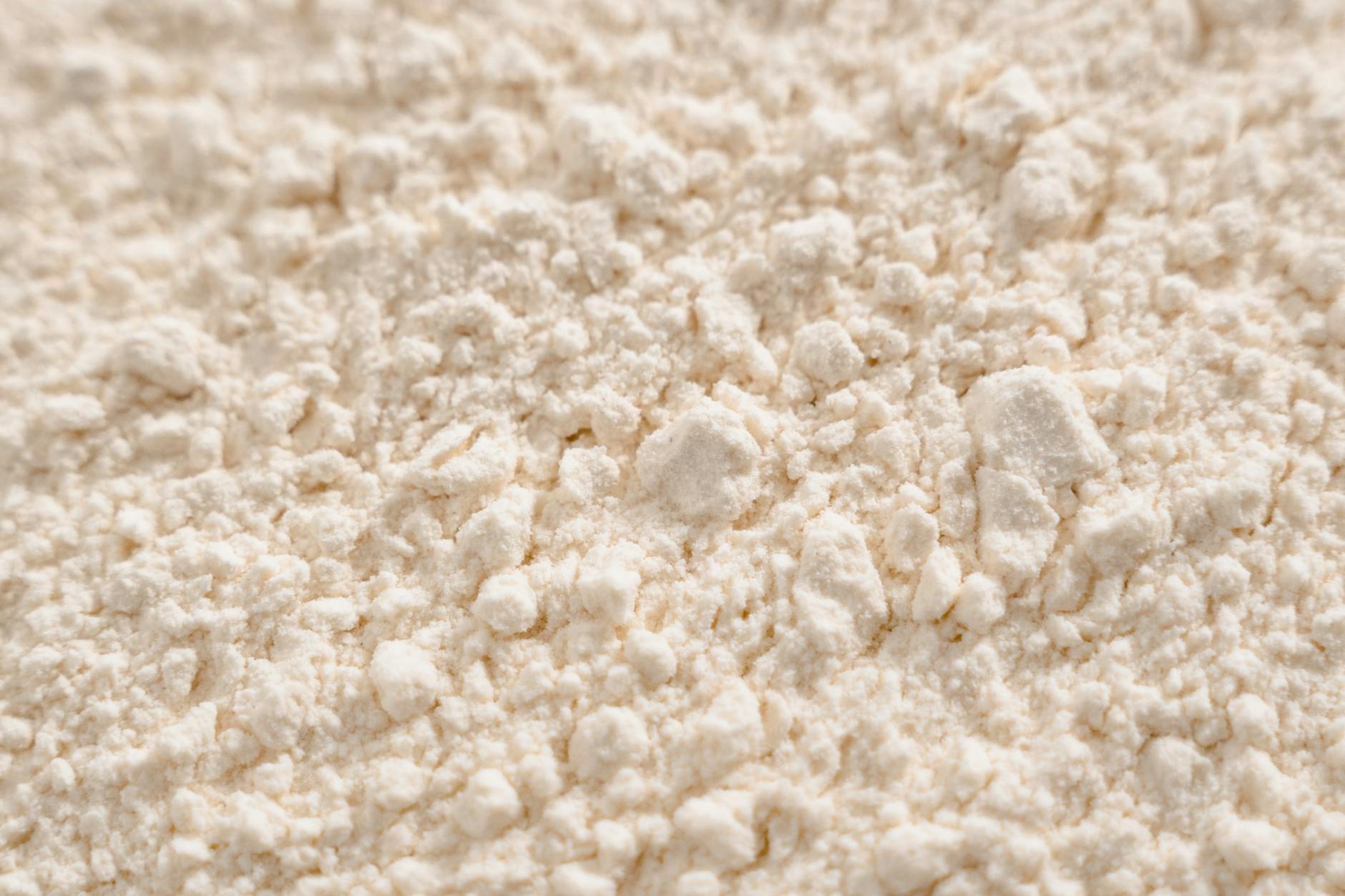Title: Five Things You Should Know About Diatomaceous Earth
Diatomaceous Earth (DE) has been gaining popularity in recent years as a natural solution for pest control, gardening, and even health supplements. But what exactly is Diatomaceous Earth, and how does it work? In this blog post, we’ll explore five essential things you should know about Diatomaceous Earth, from its origins to its applications and effectiveness.
1. What is Diatomaceous Earth?
Diatomaceous Earth is a naturally occurring sedimentary rock that is made up of the fossilized remains of tiny aquatic organisms called diatoms. These diatoms have hard silica shells, which accumulate over time in the sediment of rivers, lakes, and oceans. DE is typically mined from these deposits and then processed into a fine powder.
2. How Does Diatomaceous Earth Work?
One of the remarkable properties of Diatomaceous Earth is its abrasive texture. When insects come into contact with DE, the sharp edges of the microscopic particles pierce their exoskeletons, causing them to dehydrate and die. This mechanism makes Diatomaceous Earth an effective insecticide for various pests.
3. What Kinds of Pests Can Diatomaceous Earth Work Against?
Diatomaceous Earth is effective against a wide range of pests, including but not limited to:
- Crawling Insects: Cockroaches, ants, bed bugs, fleas, silverfish, and earwigs are vulnerable to DE.
- Garden Pests: Aphids, snails, slugs, and other garden pests can be controlled with Diatomaceous Earth without harming beneficial insects like bees and ladybugs.
- Stored Product Pests: DE can also help protect stored grains and dry foods from pests like weevils, beetles, and mites.
4. Is it a Better Alternative to Pesticides/Insecticides?
Yes, Diatomaceous Earth is often considered a better alternative to synthetic pesticides and insecticides for several reasons:
- Natural and Non-Toxic: DE is non-toxic to humans and pets if used as directed, making it a safer option for households with children and animals.
- No Chemical Residues: Unlike chemical insecticides, DE leaves no harmful residues on surfaces or in the environment.
- Long-Lasting: Once applied, Diatomaceous Earth can remain effective for a long time as long as it stays dry.
- Targeted Action: DE targets pests physically rather than chemically, reducing the risk of resistance buildup in insects.
5. Additional Uses and Considerations
- Gardening: Diatomaceous Earth can improve soil quality and help control pests in the garden, making it a valuable tool for organic gardening practices.
- Health Supplements: Food-grade Diatomaceous Earth is sometimes consumed as a health supplement due to its purported benefits for detoxification and digestion. However, it’s essential to consult a healthcare professional before ingesting DE.
In conclusion, Diatomaceous Earth is a versatile and effective natural solution for pest control and gardening. Its non-toxic nature, long-lasting effects, and broad spectrum of applications make it a valuable tool for those seeking alternatives to synthetic pesticides and insecticides. However, as with any pest control method, proper application and safety precautions should always be observed.






